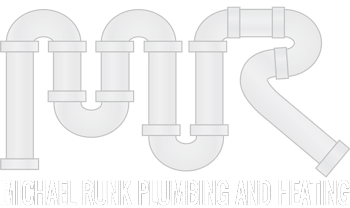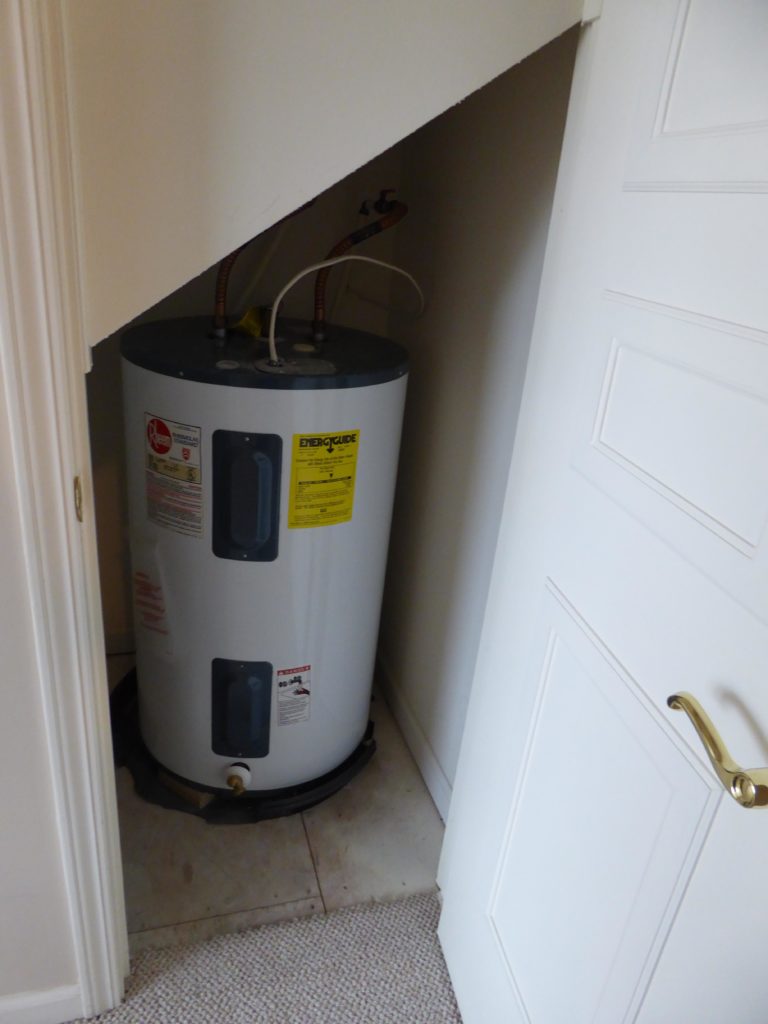Hearing any appliance in your home making unusual noises is always a cause for concern. When it comes to your water heater, popping or knocking noises can only mean one thing: the presence of mineral deposits, or sediment, at the bottom of your water heater tank.
The Problem
Sediment drops to the base of the water heater tank where the burner resides. Water gets trapped underneath the sediment and gets heated to high temperatures by the burner. This causes a percolation effect (kind of like a coffee machine) and creates the popping noise as a result. Small amounts of sediment being present in your system does not mean the system is in danger of failing or needs replaced. It may simply mean your water heater is running less efficiently and could result in an increase in your heating bill. However, sediment buildup over time can cause overheating and displacement of water in the tank (lowering the availability of hot water). If you have an electric water heater, the electric heating element can be endangered as well, and may eventually burn out.
The Solution
The simple way to stop the popping noise and any harm that is being caused to your system is to flush and drain the water heater tank. This can be done by a professional, or by following these easy steps:
- Turn off the water heater.
- Connect a garden hose to the drain valve (at the base of the water heater tank).
- Place the other end of the hose in a drain or other area where water can safely drain.
- Open the pressure relief valve on the top of the water heater and open the water heater’s drain valve (turn the slot on the valve – you may need pliers for this step).
- Let the water drain completely from the tank.
- To flush: Close the pressure relief valve and turn the cold water supply on and off a few times, creating a flushing motion. Perform this step until you only see clear water draining.
- Disconnect the hose, close the drain valve and refill the tank with cold water.
- Turn the water heater back on to begin heating the water.
The Prevention
The sediment (scale buildup) that gets into your water heater tank is primarily caused by minerals found in hard water. Installing a water softener in your home can help reduce the amount of sediment in your water, and in turn result in less buildup. Other types of water conditioners can be installed at your home’s water main to help treatment by leaving the minerals in the water but preventing them from building up in your pipes and water heater.
If you have questions about your water heater, need a replacement, or want professional help in flushing and draining your system, turn to the experts at Michael Runk Plumbing and Heating. We are based in Eldersburg, Maryland and proudly service and install electric, gas and heat pump water heaters in Carroll County and the surrounding regions. Contact us today for quick and reliable maintenance of your water heating system!

